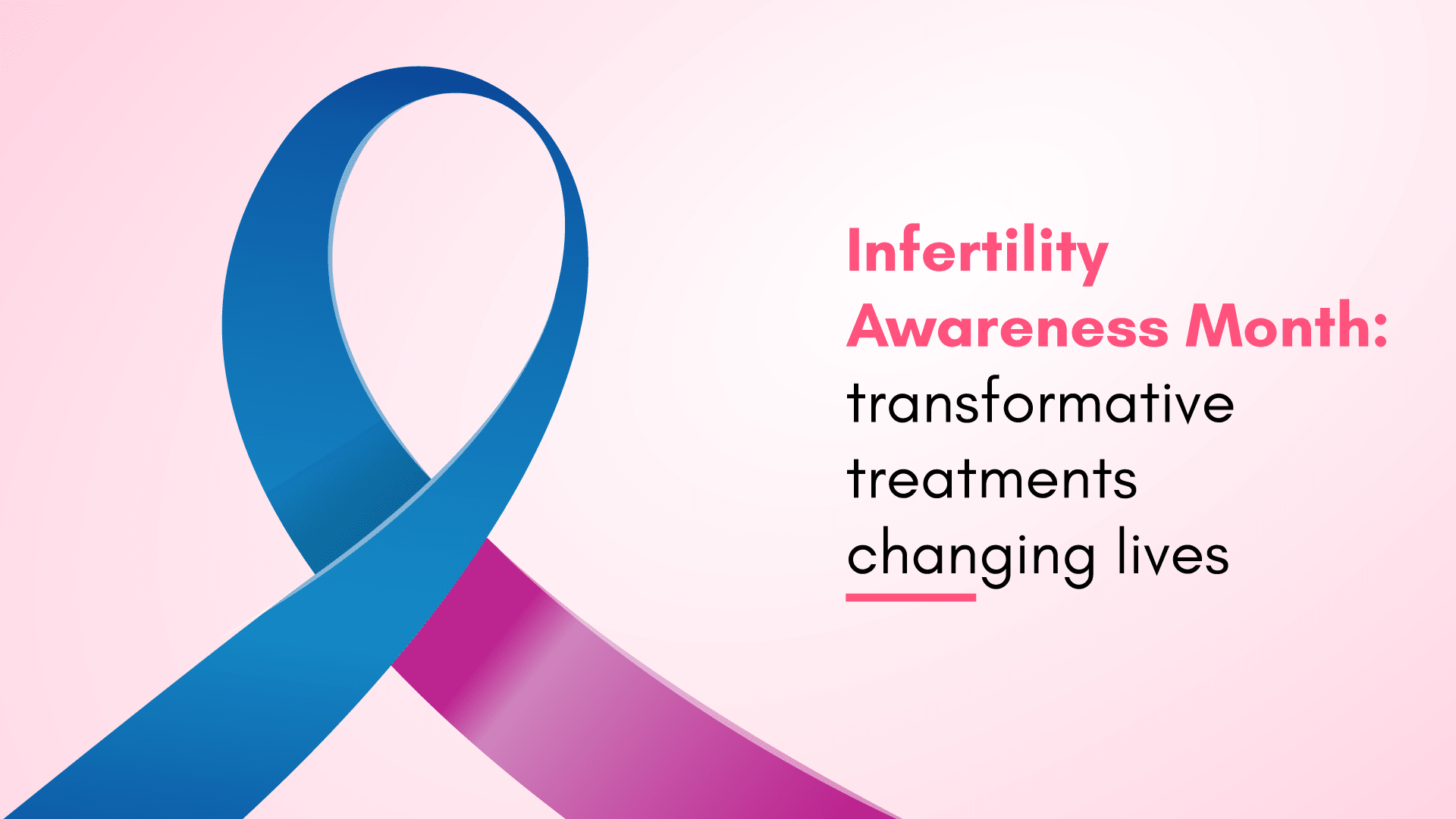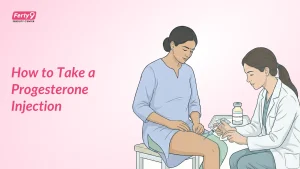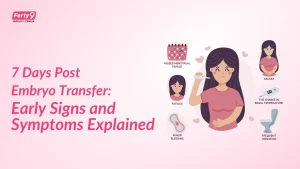Parenthood is not just another phase of your life but a life-changer. But what about those who are disappointed by failed attempts and yet unable to talk about it? Does that mean they can never enjoy the thrill of parenthood? Not at all.
From cutting-edge technologies to innovative medical interventions, the science of fertility treatments has undergone a profound evolution. It reflects the significant advancements since the birth of the first IVF baby on July 25th, the date which now marks World IVF Day.
This day is about amplifying the voices of individuals who are on the journey of assisted reproductive technology, sharing their stories of resilience, courage, and triumph in the face of adversity.
This World IVF Day on 25th July, we pledge to encourage them and take a step forward with the help of medical treatment to reach that phase of their life that they’ve been waiting for.
Recognizing Infertility as a Medical Condition
As it’s often said, the first step towards finding a solution is accepting the problem, and the same goes for infertility. And that’s our motto for World IVF Day– to educate, offer infertility awareness facts, and create a change. Remember, infertility is not a taboo,it is recognized as a disease by the World Health Organization. And like many other health conditions, it can be treated through proper evaluation and treatment.
If you’re having trouble conceiving naturally, there are several other methods that can help you become a parents. The main objective of initiatives like World IVF Day is to encourage couples to take the right course of action and embrace an optimistic attitude.
The Importance of Seeking Professional Help
If you’re planning to take a step forward this World IVF Day, seeking medical help should be the first on your to-do list.
Remember, family planning means preparing mentally and ensuring you and your partner are biologically capable of bearing a child and having a happy family. Seeking professional assistance can help you detect the exact causes of infertility, followed by undergoing the required treatments to finally overcome any biological condition that you or your partner might have.
Suggested Read: What To Expect in an Infertility Counselling Session
Exploring Available Infertility Treatment Options
Being infertile is not an end – so there’s no need to be pessimistic. There are several kinds of treatment options available to treat infertility.
However, it’s crucial to recognize that while infertility is often mistakenly thought to primarily affect women, male infertility accounts for about 40% of all infertility cases, female infertility accounts for another 40%, and the remaining 20% are due to issues in both partners. This highlights the need for treatments that address both partners. Female infertility issues could be due to issues like ovulation disorders, fallopian tube damage or blockage, endometriosis, and uterine or cervical abnormalities. Male infertility issues could be due to issues such as abnormal sperm production or function, problems with sperm delivery, environmental factors, and cancer treatments. Both partners may face infertility due to age, lifestyle factors, stress, and mental health issues.
Studies suggest that infertility is a serious concern for India, showing a significant decline in the Total Fertility Rate (TFR) from 6.18 children per woman in 1950 to a projected 1.29 by 2050. India’s fertility rate has already dipped below the replacement level, signaling challenges in population replacement.
The lack of enough awareness regarding fertility facts, social taboos, and family pressure might make it look difficult, but we’re here to listen and help. Here are some of the infertility treatment options that people can undergo –
- IUI treatment: IUI is a procedure where sperms are directly introduced into the uterus. It is a treatment option for unexplained infertility, minor male infertility, or cervical mucus problems. It often involves fertility drugs and has an 8% to 17% pregnancy rate per cycle, with success rates increasing after multiple attempts
- IVF treatment:While widely recognized, IVF is typically considered after other methods to address infertility have been explored; this process entails the fertilization of an egg with sperms in a lab setting before implantation into the uterus.
- ICSI: The ICSI is a process where a single potential sperm is injected into an egg to increase the chances of successfulfertilization, followed by transferintothe uterus.
- PICSI: PICSI is an advanced procedure that involves using a hyaluronan-coated dish to identify and select mature, healthy sperm with intact DNA. This precise selection process increases the chances of successful embryo development and implantation.
- Genetic program: Genetic programs help assess the embryo to detect any abnormality and ensure a successful pregnancy.
- Fertilization preservation: Can you conceive after a certain age? While most myths say otherwise, you actually can! Fertilization preservation is a process where embryos can be stored in a laboratory under specific conditions and fertilized later whenever the couple is ready. Fertility preservation is also offered to patients undergoing cancer treatments—they can store their gametes before starting the cancer treatment.
- Blastocyst culture:It is an advanced technique used in ART (Assisted Reproductive Technology) treatments where embryos are allowed to develop in a laboratory setting until they reach the blastocyst stage, which typically occurs around Day 5 of embryo growth. This stage is important because the embryo has developed distinct structures and a fluid-filled cavity, indicating it has matured enough to potentially increase the chances of a successful implantation.
Choosing the Right Treatment for Your Needs
While there are multiple treatment options to combat and address infertility, it is vital to choose the right treatment that the doctor advises you. Awareness about infertility, the plausible options, and understanding where you stand in the infertility spectrum are crucial before you undergo treatment.
It’s important to note that what suits somebody else might not suit you. But that doesn’t mean there isn’t an ideal treatment for your condition. The solution? Talk to your healthcare professional for a proper evaluation, followed by taking the necessary action.
Conclusion
World IVF Day is about giving a ray of hope to couples expecting to conceive but suffering from biological conditions, and we’re here to help. Remember, it is important to assess the reasons behind infertility and understand if you’re suffering from any condition; hence, obtaining medical assistance is extremely crucial.




























